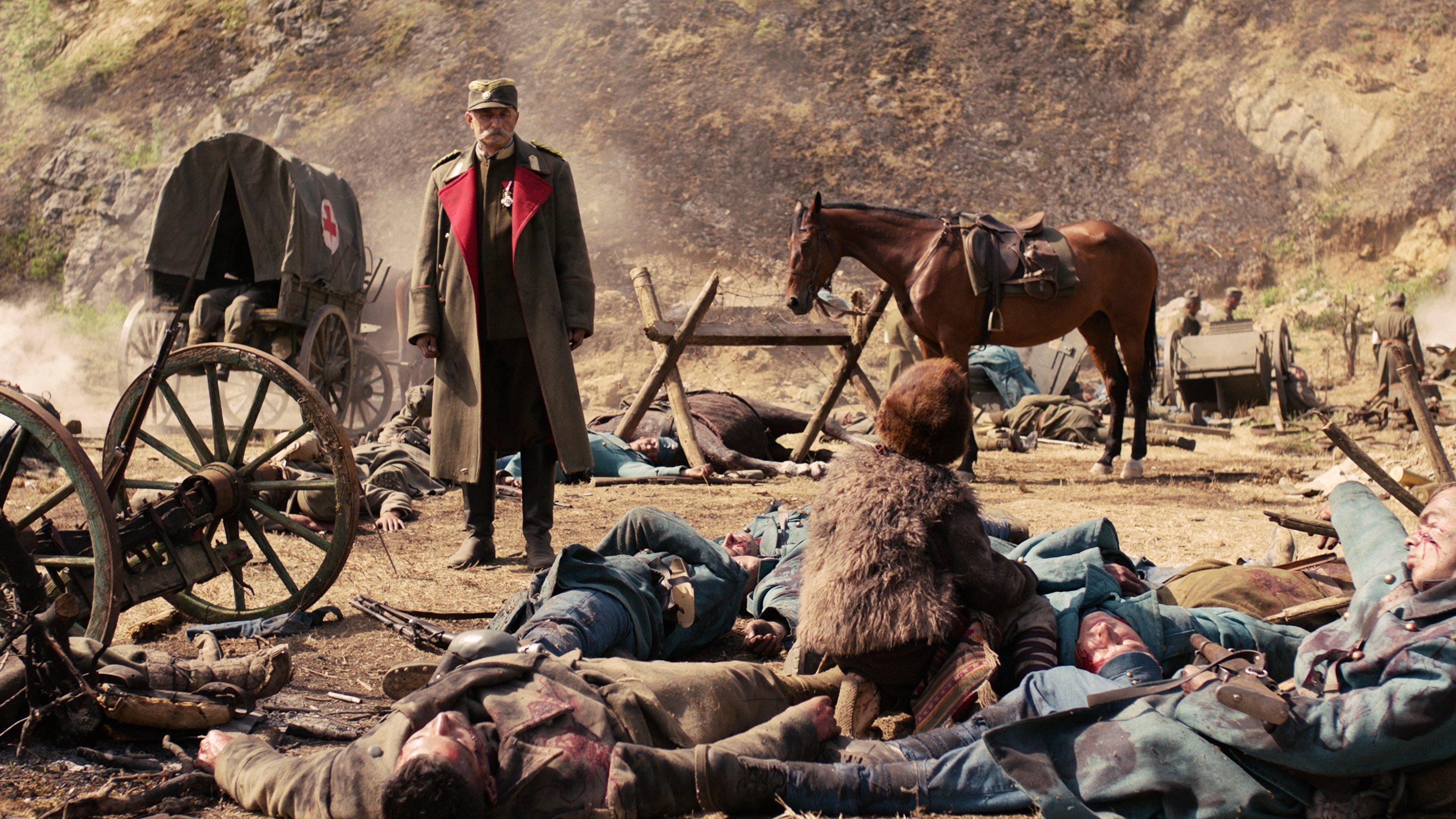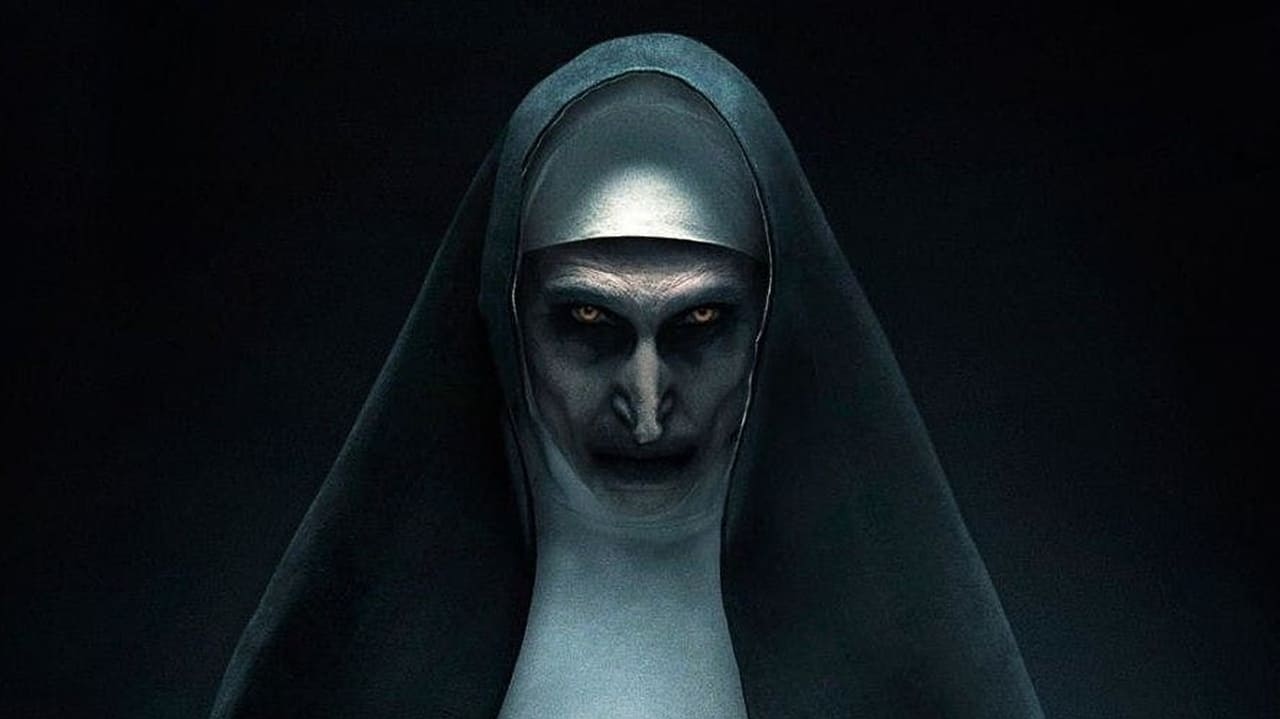

The director Tanvir Mokammel appealed the ban to the Bangladesh Supreme Court, and then, to the Bangladesh High Court. This film was banned for being "anti-nationalistic". This documentary by Tanvir Mokammel, on the Bangladesh Liberation war was banned by the Bangladesh Film Censor Board. īanned due to the film's character of Phastos and his husband. īanned because of an inaccurate depiction of a 1996 bombing in Saudi Arabia. īanned because the plot presents Armenians in a positive light. A censored DVD version was later released on February 23, 2012. Temporarily banned for cruel, disturbing, and sexually explicit content.

īanned and refused classification in 2003 for graphic depictions of teenage sex, incest, and auto-erotic asphyxiation.

Only in 2000 did it finally become available in its complete cut. īanned because of obscenity, though a censored version was made available in 1977. īanned on its initial release, but lifted after seventeen years. Main article: List of films banned in Australia Dateīanned on its initial release until the 1980s due to offensive content.

The film was finally shown in a restored copy in 2010, as part of the Mar del Plata International Film Festival. A court order required all copies of the film to be seized and a ban on its exhibition. īanned for its controversial themes, scenes of nudity and unsimulated oral sex. īanned for being considered as "blasphemy". īanned due to "blasphemous" and sexual content. īanned under Videla's regime during Argentina's last-civil military dictatorship (1976–1983), because it depicts the hunt for Nazi criminal Adolf Eichmann. īanned under Videla's regime during Argentina's last-civil military dictatorship (1976–1983), for its anti-war message. īanned under Videla's regime during Argentina's last-civil military dictatorship (1976–1983), for being "pornographic". Las largas vacaciones del '36 ( Long Vacations of 36)īanned under Videla's regime during Argentina's last-civil military dictatorship (1976–1983), for its sarcastic view of Francoist Spain. īanned under Videla's regime during Argentina's last-civil military dictatorship (1976–1983), for mocking dictatorships. īanned under Videla's regime during Argentina's last- civil military dictatorship (1976–1983). The historical film is about the suppression of a peasants' revolt, known as " Tragic Patagonia". īanned under Isabel Perón's government (1974–1976) and Jorge Rafael Videla's regime during Argentina's last-civil military dictatorship (1976–1983). īanned during the self-styled " Argentine Revolution" dictatorship (1966–1973), for being "pornographic". īanned during the conservative period of authoritarian governments known as " Infamous Decade" (1930–1943), for lampooning Nazi Germany Argentina had declared itself neutral during World War Two. Due to the Arab League boycott of Israel, it is also banned in Qatar and Tunisia. Lebanon and Israel are also in a state of war. Pulled from distribution in Lebanon before premiere on account of the film's lead star Gal Gadot's service in the Israeli Army, leading to a campaign against her and in accordance with a decades-old law that boycotts Israeli products and bars Lebanese citizens from traveling to Israel or having contacts with Israelis. īanned in every Arab League country except Lebanon. īanned in the United Arab Republic due to actor Paul Newman's "material support for Zionism and Israel". īanned from all Arab League states because actress Haya Harareet was Israeli. īanned for ten years under Communist government. During the five-year reign of the Islamic Emirate government in Afghanistan, watching film or television was prohibited.


 0 kommentar(er)
0 kommentar(er)
